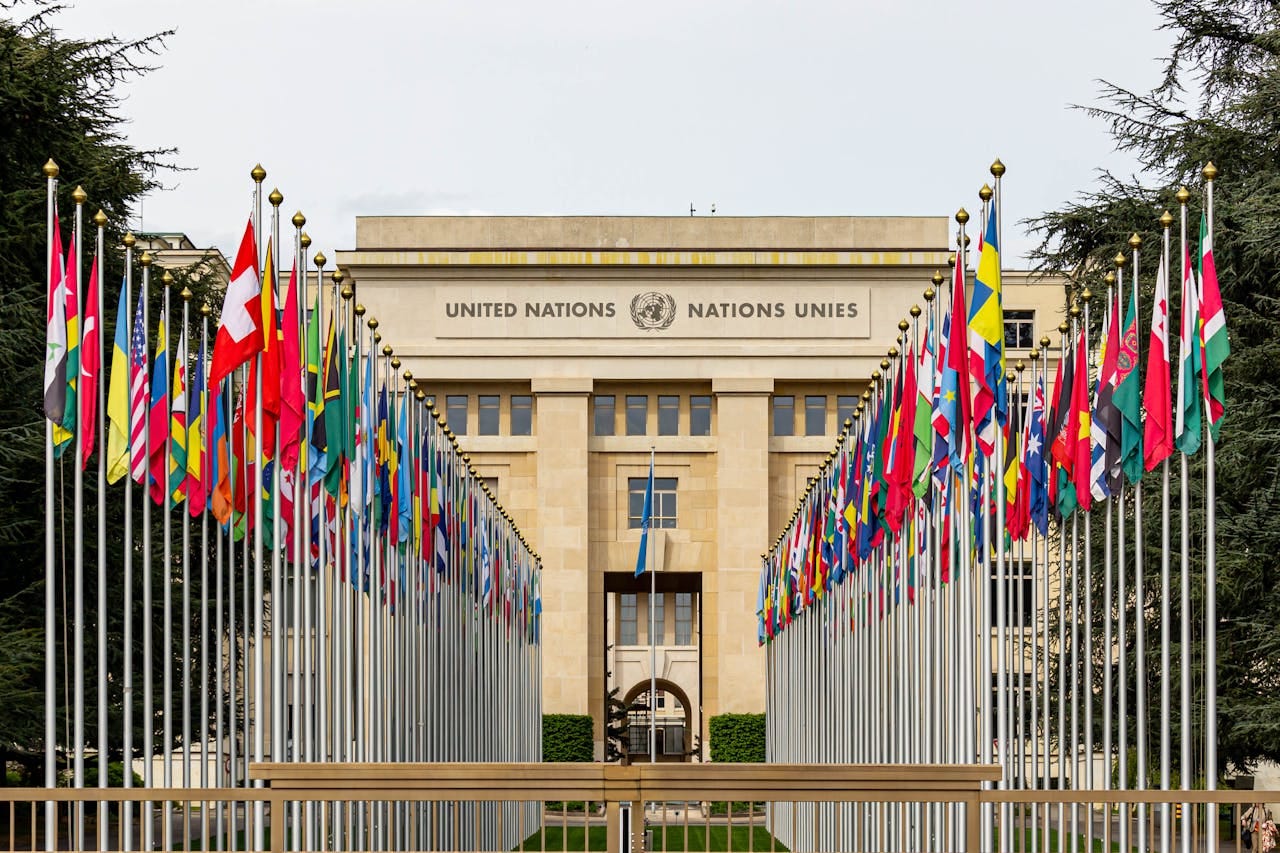🇪🇺 Responsibility to Protect at 20: What the EU Must Do to Uphold Human Security
As the UN marks 20 years of the Responsibility to Protect, its latest report urges the EU to close the gap between ideals and action on atrocity prevention.

👋Hey guys, Julien here. The French Dispatch is a reader-supported publication, and both our coverage of current affairs as well as our ability to bring you more news and information on the world around us is entirely funded by …




